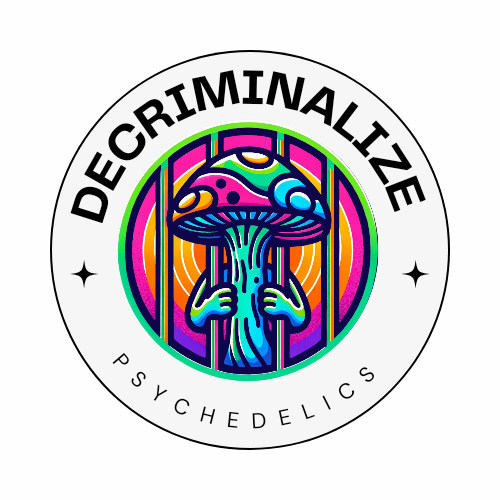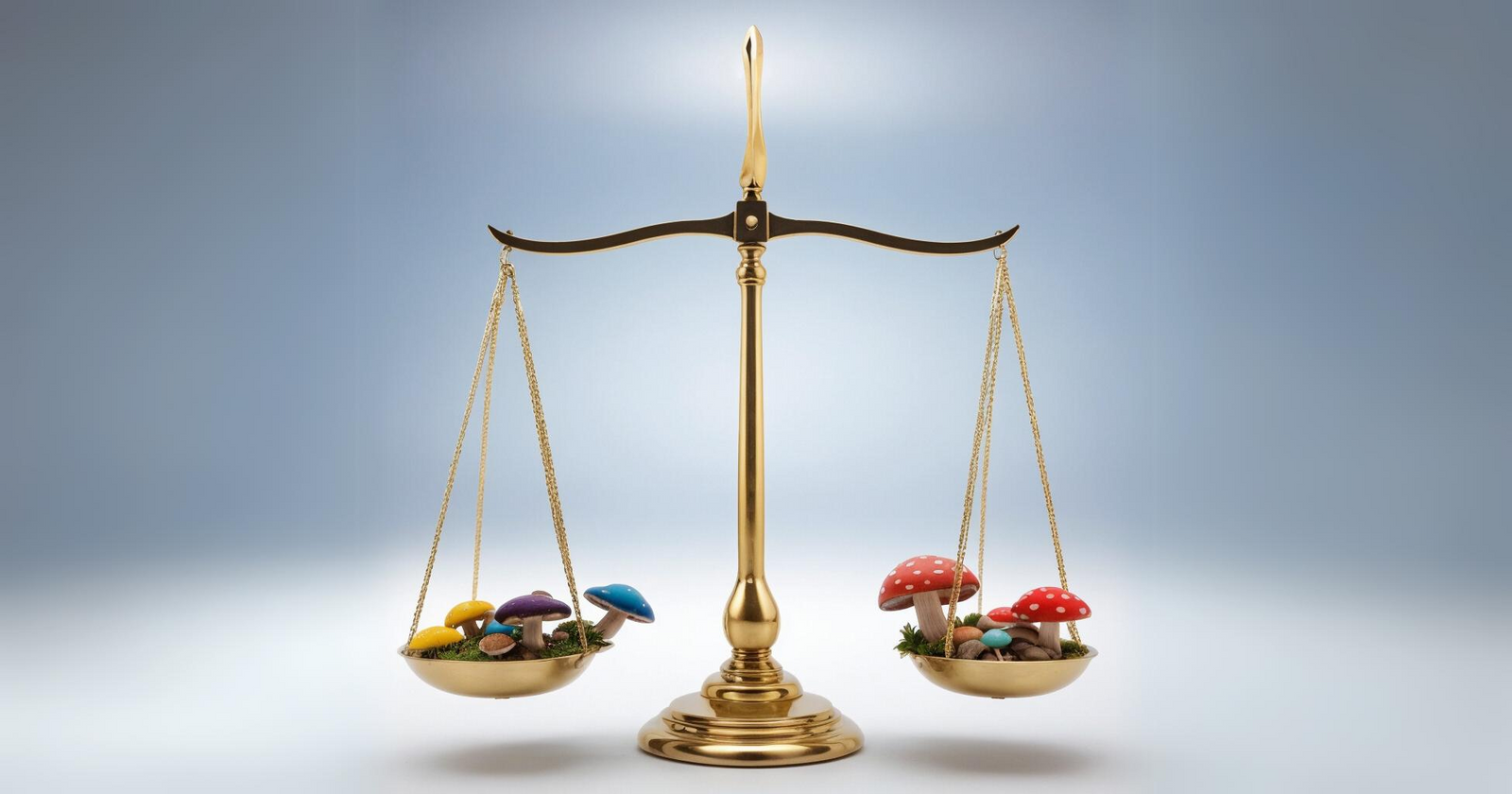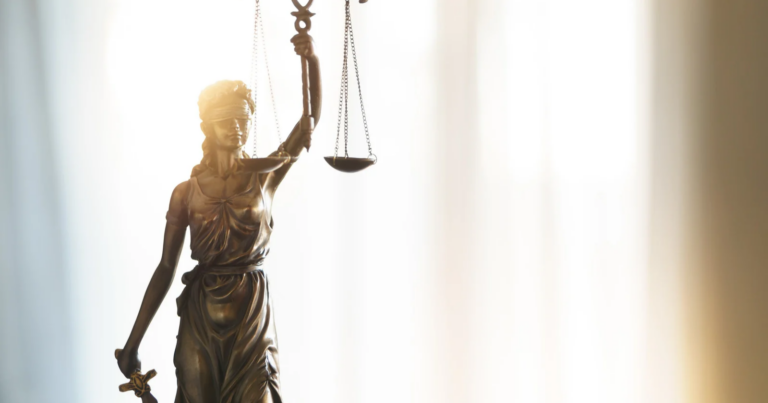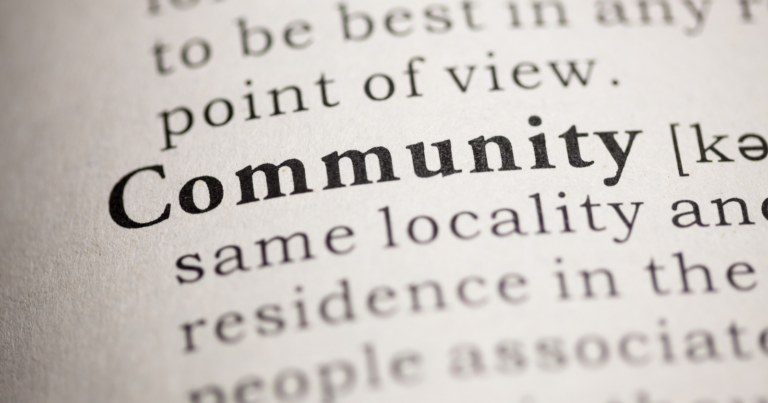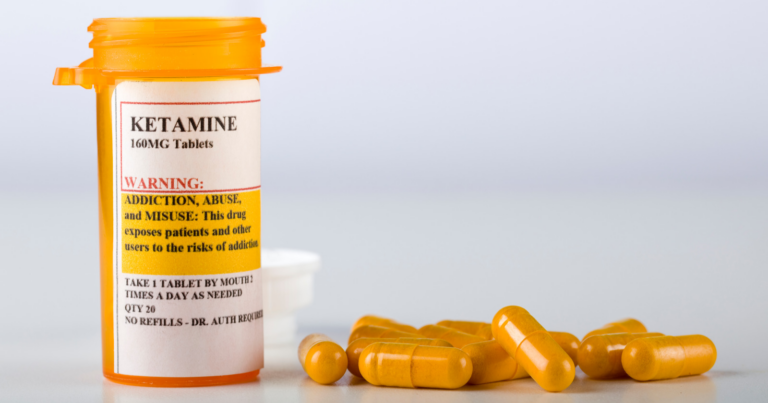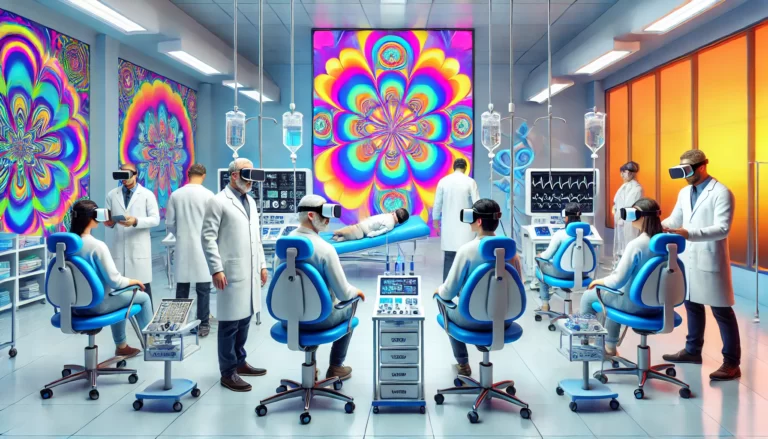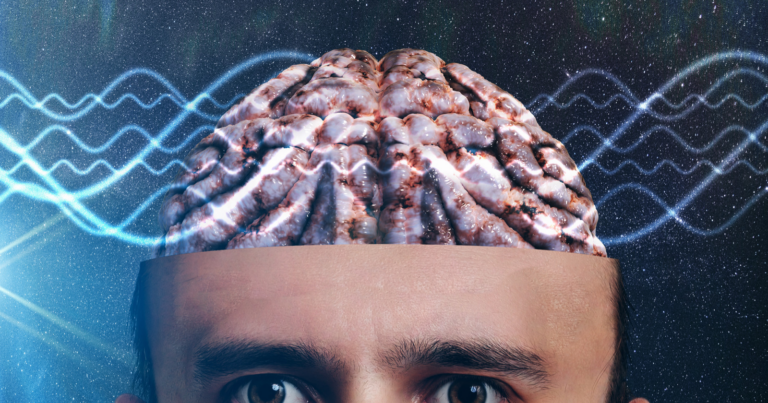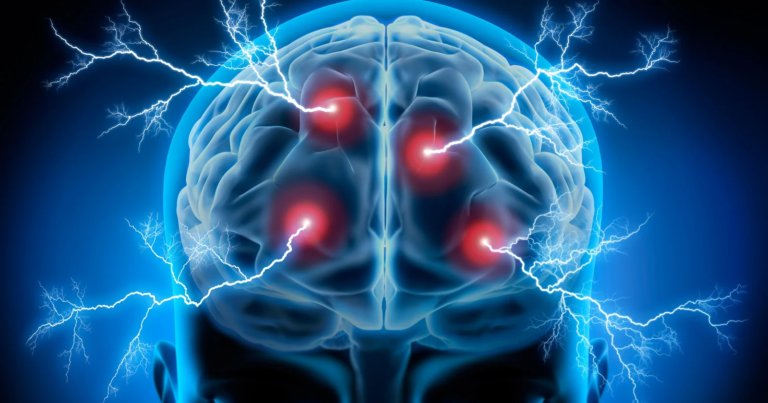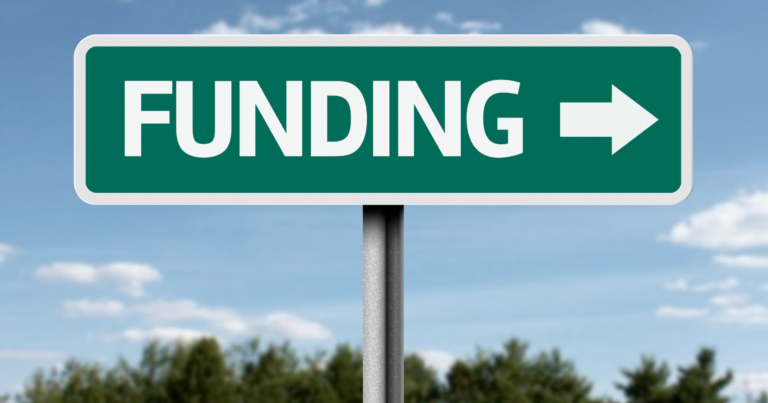The legal status of psilocybin in the United States is a complex and rapidly evolving issue.
While some states and cities are pushing for decriminalization and medical use, others maintain strict prohibition.
Here, we delve into the varied legal status of psilocybin across the country, exploring where it stands today and where it might be heading.
What are Psilocybin Mushrooms?
It’s a naturally occurring psychedelic compound found in certain types of mushrooms, commonly referred to as “magic mushrooms.”
It has been used for centuries in traditional healing and religious ceremonies.
Recent research suggests that psilocybin has potential therapeutic benefits for conditions such as depression, anxiety, PTSD, and addiction.
The Current Legal Status on Psilocybin in the USA
At the federal level, psilocybin is classified as a Schedule I substance under the Controlled Substances Act.
This means it is considered to have a high potential for abuse, no accepted medical use, and a lack of accepted safety for use under medical supervision. This classification places it alongside substances like heroin and LSD, making it illegal to manufacture, distribute, or possess psilocybin under federal law.
Despite its federal status, recent developments at the state and local levels have sparked a national conversation about the potential medical and therapeutic uses of psilocybin.
States Leading the Way: Oregon and Colorado
Oregon made headlines in 2020 when it became the first state to legalize the therapeutic use of psilocybin.
Measure 109, approved by voters, allows for the regulated use of psilocybin for mental health treatment in supervised settings. This pioneering move sets the stage for other states to follow suit and opens the door to new research opportunities.
Following Oregon’s lead, Colorado passed Proposition 122 in 2022, decriminalizing the possession and use of psilocybin for adults 21 and older.
The measure also allows for the establishment of regulated healing centers where psilocybin can be administered under professional supervision.
This shift marks a significant change in Colorado’s approach to drug policy and emphasizes the growing acceptance of psilocybin’s potential benefits.
Decriminalization Efforts in the USA
In addition to Oregon and Colorado, several other states and cities have taken steps to change the legal status of psilocybin.
Decriminalization generally means reducing or eliminating criminal penalties for possession and use, though it does not necessarily make psilocybin legal.
For instance, in 2019, Denver became the first city in the U.S. to decriminalize psilocybin, followed by Oakland and Santa Cruz in California. Washington, D.C., and Ann Arbor, Michigan, have also decriminalized psilocybin, with other cities considering similar measures.
These decriminalization efforts reflect a growing recognition of the potential benefits of psilocybin and a shift away from punitive approaches to drug policy.
However, the specifics of decriminalization laws vary significantly from place to place, creating a patchwork of regulations.
The Role of Research and Clinical Trials
One of the driving forces behind the changing legal landscape of psilocybin is the growing body of research supporting its therapeutic potential.
Clinical trials conducted by prestigious institutions like Johns Hopkins University and Imperial College London have demonstrated promising results for psilocybin in treating various mental health conditions.
These studies have caught the attention of lawmakers and the general public, fueling advocacy for policy changes.
The FDA has even granted “breakthrough therapy” designation to psilocybin for the treatment of depression, which expedites the review process for potential new therapies.
But here’s the kicker: despite the positive research findings, the path to broader acceptance and legal reform is fraught with challenges.
Regulatory hurdles, public perception, and the stigma associated with psychedelics all play a role in shaping the future of psilocybin policy.
States with Strict Prohibition
While some states are embracing the potential benefits of psilocybin, others maintain strict prohibition.
In many states, the possession, sale, and distribution of psilocybin remain illegal, with severe penalties for those caught violating the law.
For example, states like Texas and Georgia have not taken significant steps toward decriminalization or legalization.
In these states, possession of psilocybin can result in felony charges, hefty fines, and lengthy prison sentences.
This disparity highlights the uneven progress across the country and underscores the importance of continued advocacy and education to address misconceptions about psilocybin.
The Future Legal Status of Psilocybin Mushrooms
The future of psilocybin legalization in the U.S. remains uncertain but promising. As more research emerges and public opinion shifts, it’s likely that additional states will consider decriminalization or legalization measures.
Several states, including California and New York, are currently exploring legislation to regulate psilocybin for therapeutic use.
These efforts could pave the way for a more consistent and science-based approach to psilocybin policy across the country.
The growing interest in psychedelics as a whole is fostering a broader conversation about drug policy reform.
Psilocybin is just one part of a larger movement to reevaluate the role of psychedelics in society and their potential to address pressing mental health issues.
Challenges and Considerations
Despite the progress, significant challenges remain in the path toward broader psilocybin legalization.
One major hurdle is the need for standardized regulations and guidelines to ensure the safe and effective use of psilocybin in therapeutic settings.
Another critical consideration is public education. Misinformation and stigma surrounding psychedelics can hinder policy reform efforts.
Educating the public about the science behind psilocybin and its potential benefits is crucial for gaining broader support.
There’s also the question of access and equity. Ensuring that psilocybin therapies are accessible to those who need them, regardless of socioeconomic status, is an important aspect of any legalization effort.
Policymakers must consider how to create inclusive and equitable frameworks for psilocybin use.
A Shifting Paradigm on Psilocybin Mushrooms in The USA
The legal status of psilocybin in the USA is a dynamic and evolving issue.
From pioneering states like Oregon and Colorado to ongoing decriminalization efforts in cities nationwide, the landscape is shifting. Research and clinical trials continue to shed light on the potential benefits of psilocybin, driving advocacy and policy changes.
As the conversation around psychedelics grows, it is essential to address the challenges and considerations that come with broader acceptance and legalization. Standardized regulations, public education, and equitable access are all crucial components of a responsible and forward-thinking approach to psilocybin policy.
The journey toward widespread psilocybin legalization is far from over, but the momentum is building.
With continued research, advocacy, and thoughtful policymaking, the future looks promising for those seeking the therapeutic benefits of this powerful compound.
